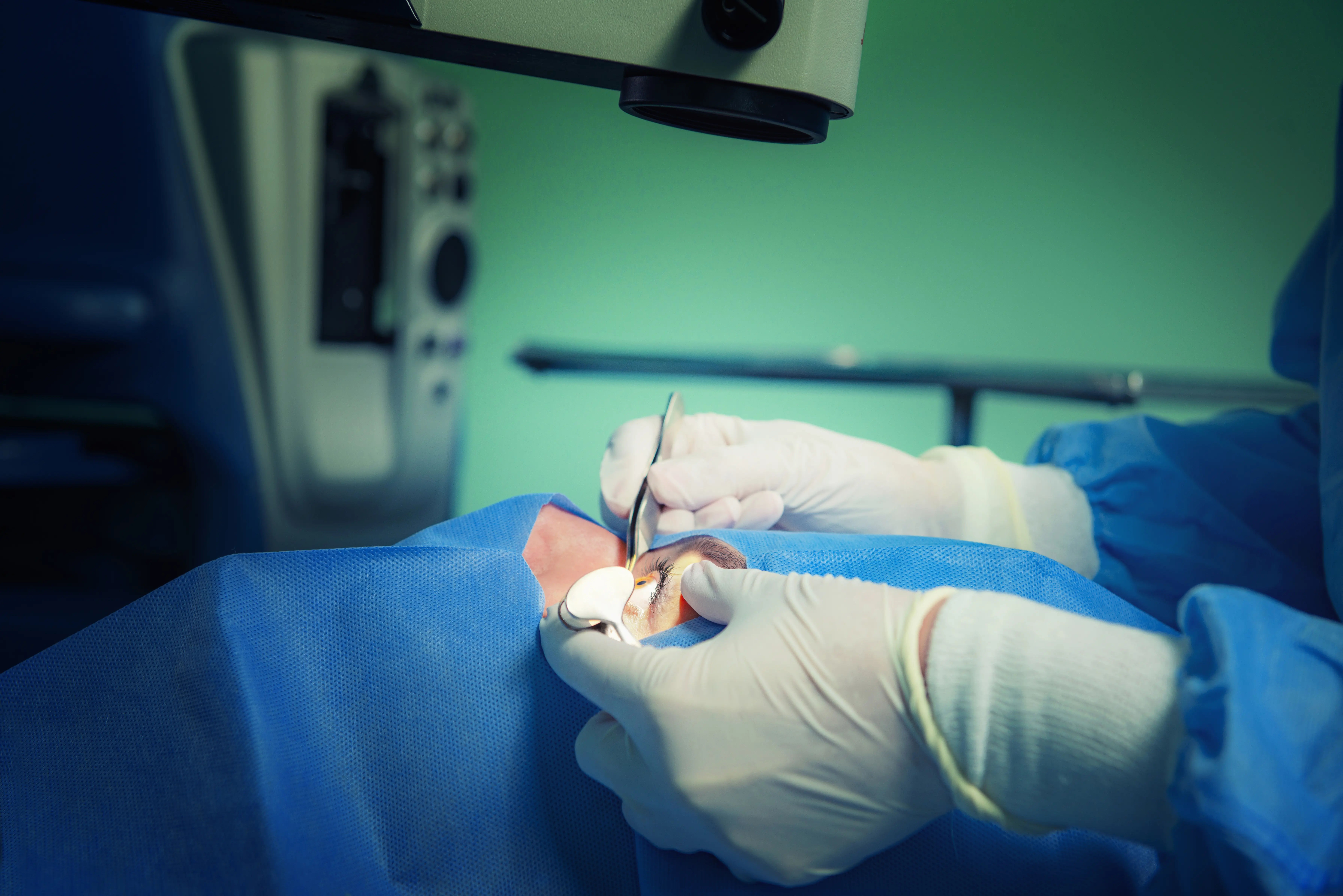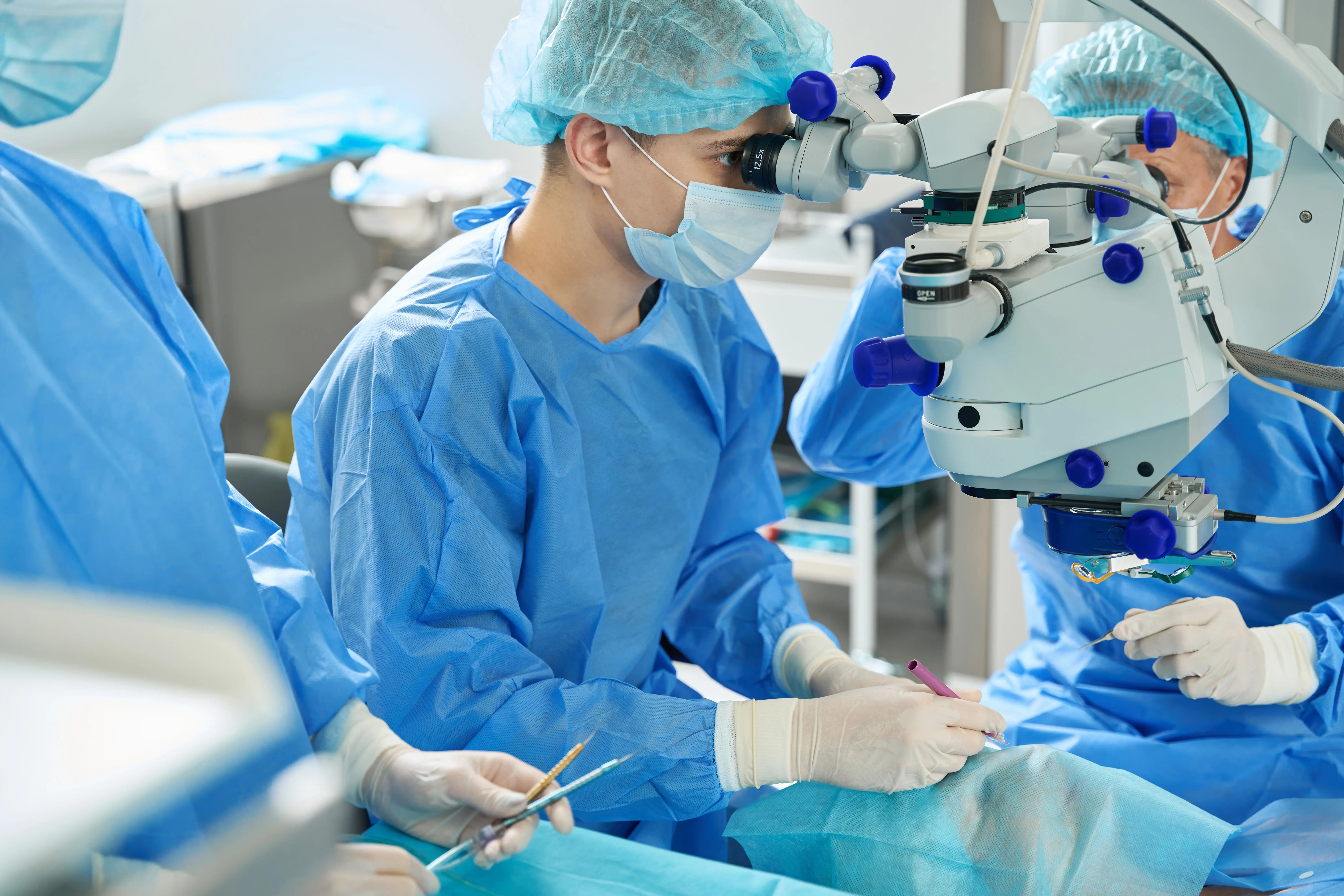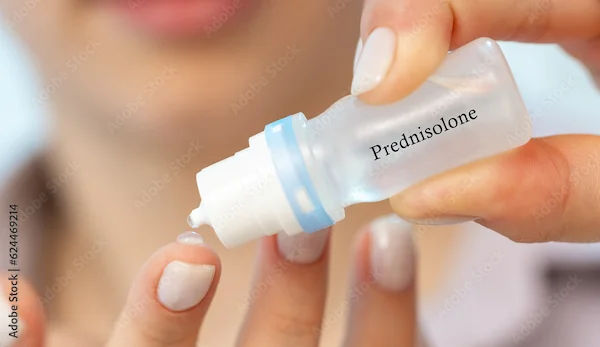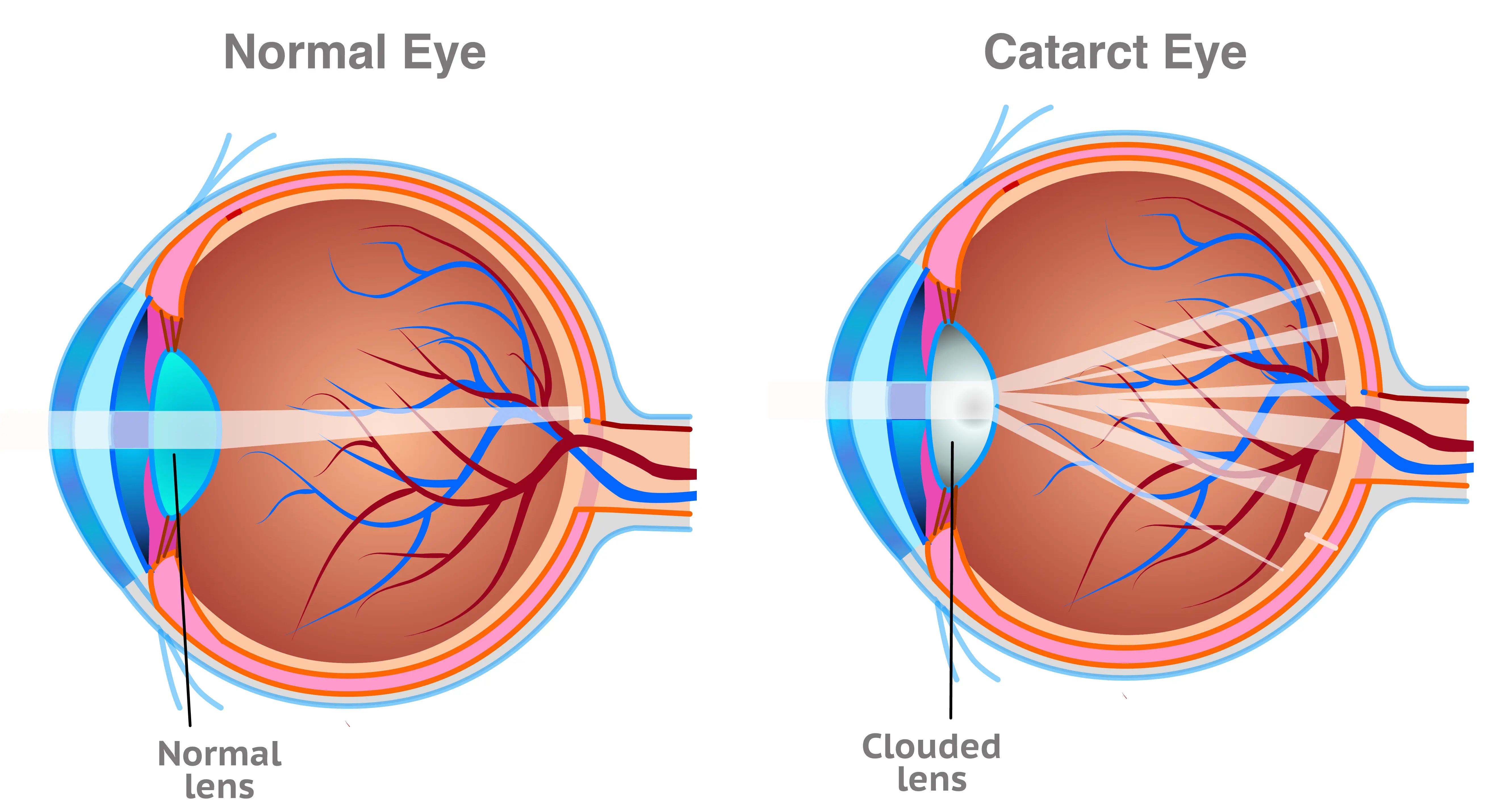Can Dry Eyes Cause Blurry Vision After Cataract Surgery
Experiencing blurry vision after cataract surgery? Dry eyes may be the cause. Learn how dry eye syndrome affects vision and what you can do to relieve symptoms post-surgery.

Written by Dr. Rohinipriyanka Pondugula
Reviewed by Dr. J T Hema Pratima MBBS, Fellowship in Diabetes Mellitus
Last updated on 13th Jan, 2026

Introduction
Cataract surgery is a common and generally safe procedure that helps restore clear vision by replacing a cloudy lens with an artificial one. However, some patients experience blurry vision after the surgery, which can be concerning. One possible cause of this blurriness is dry eyes. In this article, we’ll explore how dry eyes can affect your vision post-surgery, what symptoms to watch for, and how to manage them effectively.
Understanding Dry Eyes After Cataract Surgery
Dry eyes occur when your eyes don’t produce enough tears or when the tears evaporate too quickly. This can lead to irritation, redness, and blurry vision. After cataract surgery, many patients experience temporary dryness due to:
Disruption of tear film: The surgery can temporarily affect the eye’s natural tear production.
Use of eye drops: Post-surgery medicated drops (especially those containing preservatives) can contribute to dryness.
Healing process: The eye’s surface may take time to recover, leading to discomfort and dryness.
How Dry Eyes Cause Blurry Vision?
A stable tear film is essential for clear vision. When your eyes are dry:
The tear layer becomes uneven, causing light to scatter instead of focusing properly.
The cornea (front surface of the eye) may become slightly irregular, leading to temporary vision fluctuations.
Increased irritation can make it harder to keep your eyes open comfortably, further affecting vision.
This blurriness is usually temporary and improves as the eyes heal and dryness is managed.
Symptoms of Dry Eyes After Cataract Surgery
If dry eyes are causing your blurry vision, you may also experience:
A gritty or sandy feeling in the eyes
Redness or burning sensation
Excessive tearing (paradoxical response to dryness)
Light sensitivity
Fluctuating vision (clear one moment, blurry the next)
For More Symptoms Consult Top Ophthalmologists
Managing Dry Eyes for Clearer Vision
If you’re experiencing dry eyes after cataract surgery, here are some helpful tips:
1. Use Preservative-Free Artificial Tears
Lubricating eye drops can help restore moisture.
Choose preservative-free options to avoid further irritation.
2. Follow Your Doctor’s Instructions
Use prescribed anti-inflammatory drops if needed.
Avoid rubbing your eyes to prevent irritation.
3. Warm Compresses & Eyelid Hygiene
Applying a warm compress can help unclog oil glands in the eyelids, improving tear quality.
Gently clean eyelids with a mild cleanser to prevent debris buildup.
4. Stay Hydrated & Adjust Your Environment
Drink plenty of water to support tear production.
Use a humidifier if the air is dry, especially in air-conditioned rooms.
Take breaks from screens to reduce eye strain.
5. Protect Your Eyes
Wear sunglasses outdoors to shield against wind and UV rays.
Avoid direct exposure to fans or air vents.
When to See a Doctor?
While mild dryness is common, consult your eye specialist if:
Blurry vision worsens or doesn’t improve with lubrication.
You experience severe pain, discharge, or sudden vision loss (could indicate infection or other complications).
Dryness persists beyond a few weeks post-surgery.
Your doctor may recommend specialised treatments like:
Punctal plugs (tiny inserts to retain tears).
Prescription eye drops (e.g., cyclosporine or lifitegrast).
Conclusion
Dry eyes are a common but manageable issue after cataract surgery. If blurry vision persists, don’t ignore it—proper care and timely treatment can help restore comfort and clarity.
If you’re experiencing persistent dryness or vision problems after cataract surgery, consult an eye specialist. You can book an appointment with Apollo 24|7 for expert advice and personalised care.
Consult Top Ophthalmologists
Consult Top Ophthalmologists
Dr. Padmini S
Ophthalmologist
4 Years • MBBS,MS
Bengaluru
Apollo Medical Center, Marathahalli, Bengaluru

Dr. Karan Paswan
Ophthalmologist
7 Years • MBBS,MS (Ophthalmology)
Kolkata
VDC Clinic, Kolkata

Dr. K Sreekumar Reddy
Ophthalmologist
26 Years • MBBS MD (Ophthalmology) EGESTOLP
Hyderabad
Apollo Hospitals Jubilee Hills, Hyderabad
(50+ Patients)
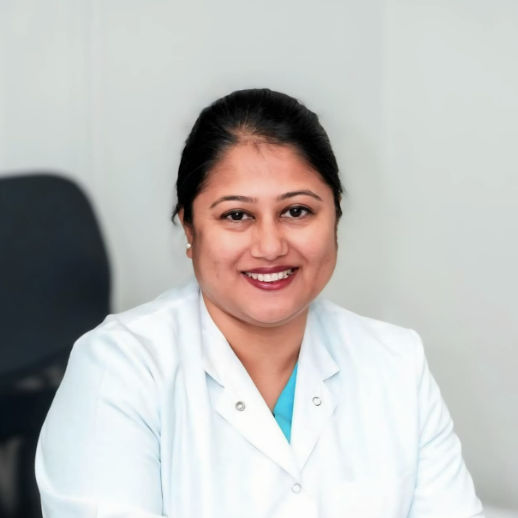
Dr. Zennat Tajmin Shah
Ophthalmologist
24 Years • MBBS,DNB (Ophthalmology)
Kolkata
Titanium Eye Care, Kolkata
Dr Kanse Vaibhav
Ophthalmologist
10 Years • MBBS, DO, MS, DNB
Pune
Apollo Clinic, Nigdi, Pune
For More Symptoms Consult Top Ophthalmologists
Dr. Padmini S
Ophthalmologist
4 Years • MBBS,MS
Bengaluru
Apollo Medical Center, Marathahalli, Bengaluru

Dr. Karan Paswan
Ophthalmologist
7 Years • MBBS,MS (Ophthalmology)
Kolkata
VDC Clinic, Kolkata

Dr. K Sreekumar Reddy
Ophthalmologist
26 Years • MBBS MD (Ophthalmology) EGESTOLP
Hyderabad
Apollo Hospitals Jubilee Hills, Hyderabad
(50+ Patients)

Dr. Zennat Tajmin Shah
Ophthalmologist
24 Years • MBBS,DNB (Ophthalmology)
Kolkata
Titanium Eye Care, Kolkata
Dr Kanse Vaibhav
Ophthalmologist
10 Years • MBBS, DO, MS, DNB
Pune
Apollo Clinic, Nigdi, Pune

